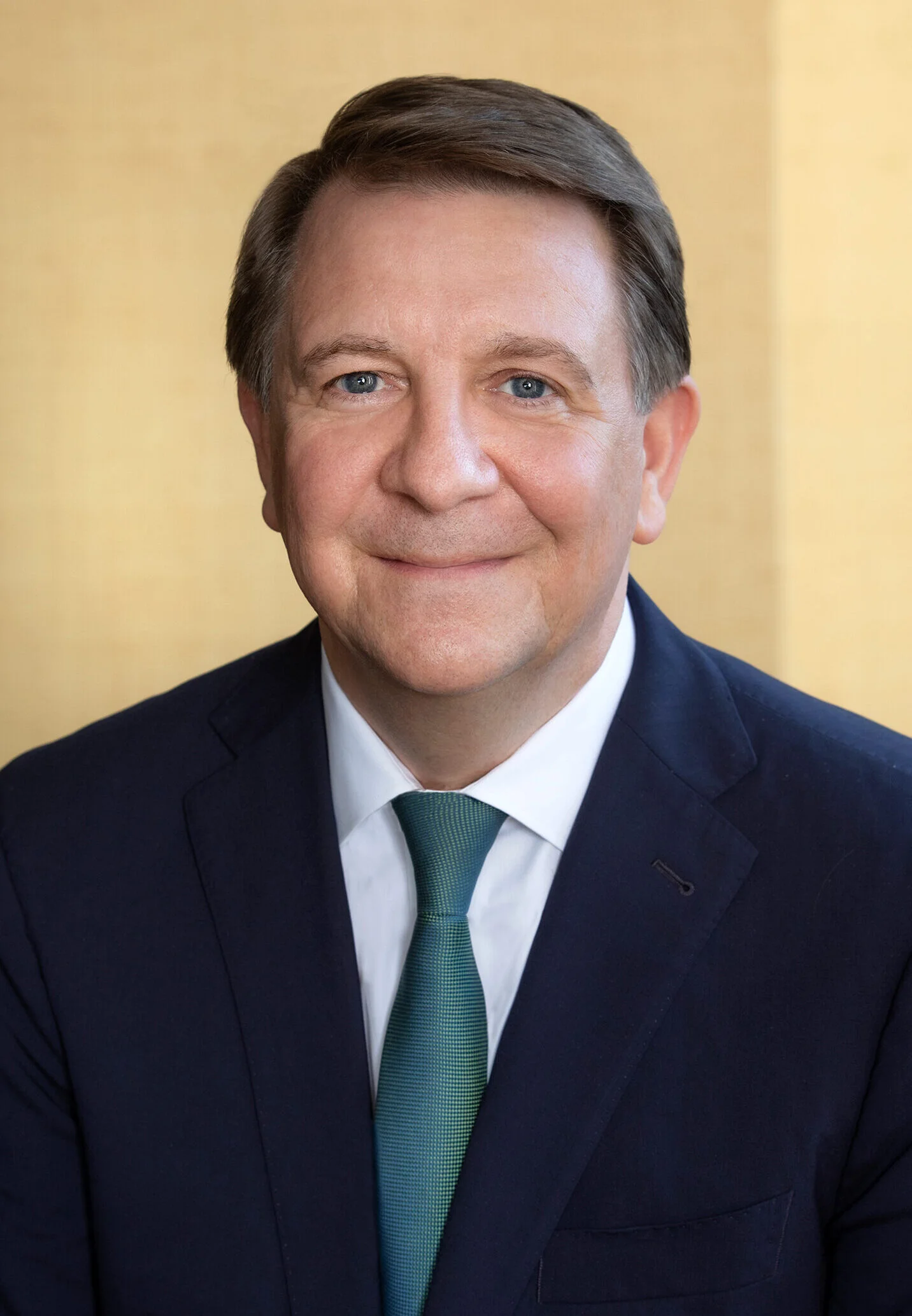A Q&A Examining Depressions and Recoveries
It’s been almost 13 years since the 2008 Global Financial Crisis roiled markets. What are the lasting impacts and most important lessons learned from that experience?
The fact that over a decade later we still talk about “the Crisis”, even though we’ve just gone through a major—though very different—crisis over the past year, is a testament to the impact the 2008 financial crisis had on the market’s psyche. If we compare the passage of time to the 1929 stock market crash, we would now be in 1942—in other words, by that time, the Depression was over, World War II had started, and the economy was in a very different place. Yet we all hear stories about how the Depression had a lasting psychological impact on a whole generation who never trusted banks or the stock market for the rest of their lives. It has taken some time to see, but I think we are starting to see some of those longer-term patterns emerge.
For example?
One of the most obvious examples, and immediately consequential one for investors, is the expectation that interest rates will remain very low for the foreseeable future. The recovery from 2008 was so gradual and hesitant that the Fed never really got around to fully “normalizing” interest rates before the recovery cycle ended with COVID-19; it went right back to cutting them back to zero. Longer-term Treasury rates fell to record lows indicating that—despite all the recent concern about inflation picking up—the market expects the Fed to keep rates low for a while and the Fed itself says it does not plan to raise rates until 2023.
This means that, for over a decade now, the cost of capital has been extremely low. This has created a persistent environment in which it has been attractive for businesses to borrow. Some of this borrowing has fueled investment in areas like shale oil, which otherwise might have faced stiffer conditions for capital. Some has gone into buying back equity shares, boosting returns for those willing to take equity risk. By comparison, the return for investors intent on avoiding risk has been very low—sometimes lower than the even modest rate of inflation. The result has been to boost equity valuations despite the aversion to risk that many investors still feel in the wake of 2008. It is a combination that has been very, very good for investors willing and able to take equity risk.
There have been many people, for quite some time, who have warned that this is really just a new bubble, an attempt to paper over the 2008 crisis which is bound to eventually fail. What do you say to that?
The fact that they’ve been saying this “for quite some time” shows that whatever is happening, it’s very persistent. Many feared, when the Fed first launched Quantitative Easing (QE), that it would trigger inflation. That didn’t happen because after the global financial crisis there was still persistent over-supply in the global economy, particularly from China and other emerging manufacturing centers, which kept prices in check. The development of shale oil also kept energy costs from being a constraint on global growth. At the same time, there really was enough of a recovery in corporate earnings to put some solid support beneath a rising stock market—it wasn’t all just cheap credit. Cheap credit was part of a much bigger picture, as much a product of broader structural conditions in the global economy as their cause.
The question is whether these conditions will change, and how. In the wake of COVID-19, we’re seeing an uptick in inflationary price pressure—though we think much of this will prove transitory, the result of bottlenecks that will work themselves out as the economy comes back online. Still, the longer-term effects of COVID-19, as well as rising geopolitical tensions with China, could produce at least a partial shift away from globalization and the disinflationary effect it has had on prices. Disruptions to cross-border trade and investment could raise the cost of capital, undercutting equity valuations and making life harder for businesses burdened with large debt. The point is, this won’t happen because the Fed suddenly wakes up one day and decides to hike interest rates. It will be the result of broader shifts in the global economy—though it is possible certain events, such as tensions with China, might cause them to happen more abruptly than expected.
You mention China. What effect did the 2008 Global Financial Crisis have on China and its place in the world?
It has become apparent only with time, but the financial crisis in the U.S. was a watershed event in terms of China’s perceptions and priorities. Prior to 2008, China still looked to the U.S. as a model. The political consequences might have made them uncomfortable, but China’s top leaders in Beijing believed that if they wanted to develop China into a first-class economy, it would have to imitate the U.S. in certain ways, like it or not. The 2008 financial crisis shattered this view. China’s rulers emerged from it convinced that their system of economic and political management had proven superior, and had little of value to learn from the U.S. Many of the tensions that have developed in that past few years reflect a growing conviction in Beijing that the U.S. is a declining power that does not need to be accommodated. This has had a practical effect, as we navigate our way through a new global crisis. In 2008, the U.S. and China worked closely to contain and mitigate the financial meltdown. No such cooperation was evident during COVID-19.
What has the political impact of the 2008 financial crisis been closer to home?
The political response to the Great Depression was very direct and immediate: FDR and the New Deal in the U.S., Nazism in Germany, and militarism in Japan. The undercurrent was the same: a more activist, interventionist state riding the wave of populist sentiment, for better or worse. The response to the 2008 Global Financial Crisis was more complicated and delayed. Certainly, governments intervened very heavily, but it was led by technocrats, and the initial populist response (for instance, the Tea Party) was to push back against this. As late as 2012, the nominee selected to challenge the sitting President was a wealthy private equity manager (Mitt Romney) who argued that his position made him equipped to run the economy better. It was only later that a more radical, populist reaction took hold, focused on both the Left and the Right on income inequality and anger at established “elites”. On the Left, this has taken the form of growing cries for significantly higher taxes on high income earners, possibly even a wealth tax, and substantially higher minimum wages, or even a guaranteed minimum income. On the Right, we have seen a reaction against trade and immigration, culminating in Britain’s vote to leave the European Union, and President Trump’s MAGA movement.
Both the Left and the Right have adopted a harsher view towards large, dominant companies they see as monopolies, especially in high tech and the internet. This new populism hasn’t always prevailed, in terms of policy, but it is hard to find many politicians willing to put in a good word for “free markets”, as they might have done in the 1990s. You combine this with China’s new assertiveness, and it is easy to see how what once was called the “Washington Consensus”—that freer markets and freer trade and investment were the agreed path to peace and prosperity—is on the ropes. What is curious is that this is only gaining force a full decade or more after the initial shock from the financial crisis itself.
You started by talking about investor psychology. What has changed since 2008?
The greatest thing that changed was risk awareness. Since 2008, everyone knows what a “black swan” is, and everyone knows what “fat tail risk” (when the chance of something happening is very small, but the impact would be very large) is. The “next subprime”—whether it be QE-induced inflation, a collapse in shale oil, or a hard landing in China—has been predicted a thousand times since 2008, with disaster always just around the corner. The bull market that started with the post-crisis recovery really did climb a wall of worry the entire time. That is reflected not just in anecdotes, but the equity risk premium, which remains well above average, in the 5–6% range, the entire recovery. Despite a rising stock market, the numbers show that many investors were avoiding risk, willing to accept much lower returns from “risk off assets”. Those who recognized that they were being well paid to accept risk did well over multiple years, despite their exposure to market volatility.
What has happened since COVID-19, though, is that the equity risk premium has returned to normal, around 4%. That is not necessarily a scary thing, it just bears watching. It is possible that sensitivity to risk becomes numbness to risk. So many things that were supposed to be a catastrophe—debt ceiling stand-offs, Brexit, a global pandemic, a disputed election—had little or no negative impact on stocks. It is easy to think that nothing can. We don’t want to get lulled into that way of thinking and take our eyes off fundamentals. That would be taking away the wrong lesson from the 2008 financial crisis.
This communication contains the personal opinions, as of the date set forth herein, about the securities, investments and/or economic subjects discussed by Mr. Chovanec. No part of Mr. Chovanec’s compensation was, is or will be related to any specific views contained in these materials. This communication is intended for information purposes only and does not recommend or solicit the purchase or sale of specific securities or investment services. Readers should not infer or assume that any securities, sectors or markets described were or will be profitable or are appropriate to meet the objectives, situation or needs of a particular individual or family, as the implementation of any financial strategy should only be made after consultation with your attorney, tax advisor and investment advisor. All material presented is compiled from sources believed to be reliable, but accuracy or completeness cannot be guaranteed. © Silvercrest Asset Management Group LLC





